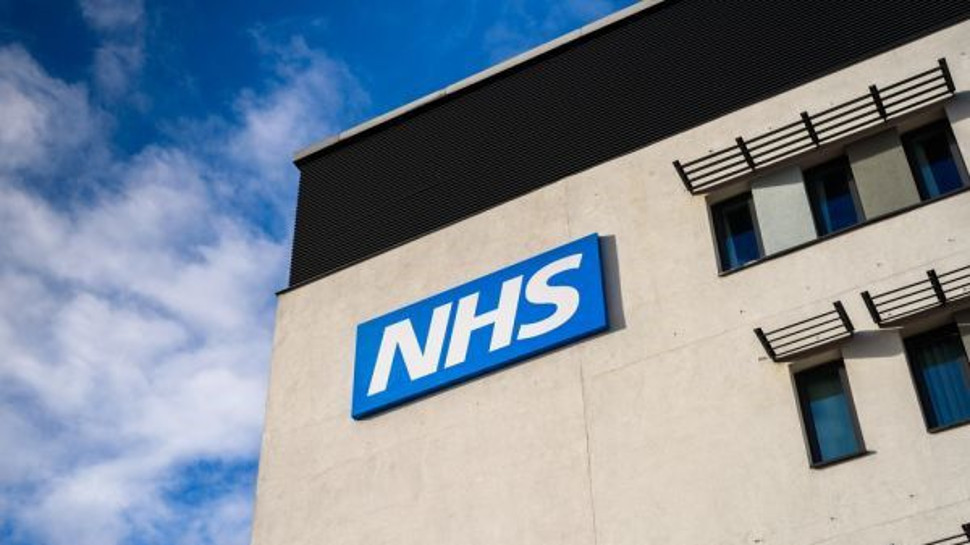NHS shuns Apple and Google’s Covid-19 tracking app proposal
The NHS opts for a more centralised approach

The National Health Service (NHS) will reject the coronavirus contract-tracing model proposed by Apple and Google, despite ongoing privacy concerns.
Both Apple and Google believe a more decentralised approach will protect users’ privacy from authorities and hackers, but the NHS disagrees, and says a centralised approach is necessary.
A centralised model means users’ data will be stored on a computer server, which can then be used to determine which phones need to be sent alerts. This differs from Apple and Google’s approach, where the matches and data required to send out alerts would take place entirely on users’ handsets.
- NHS bans staff from using Zoom over privacy concerns
- NHS turns to tech giants to help predict ventilator demand
- Windows 10 now has integrated coronavirus tracking
Both Google and Apple believe its approach is preferable, as it prevents the data being mishandled by authorities or from being exploited by hackers.
The NHS’ approach aligns with many of its EU counterparts – as well as Australia, which recently released its own app. Germany, Austria, Estonia and Switzerland, meanwhile, are now pursuing a more decentralised architecture.
How does the app work?
Contact-tracing apps notify you if you’re at risk of infection, based on whether you’ve come into contact with someone who was recently diagnosed with coronavirus. For example, if you took the tube to work and someone registered themselves as being infected a few days later, a number of alerts will be sent to everyone that the infected person may have passed it on to.
The NHSX, the health service’s digital innovation unit, has opted to use Bluetooth transmissions to keep track of users interactions, and alerts will be sent anonymously, so you won’t know who triggered them.
Get daily insight, inspiration and deals in your inbox
Sign up for breaking news, reviews, opinion, top tech deals, and more.
Battery life also needs to be considered with either approach, as it could deter users from using the app. Each proposal uses a very different system: Apple will let its phones exchange information with other devices without needing to wake them up at all. The NHS’ solution, however, involves waking the app in the background each time your phone detects another device running the contract-tracing software, which could drain a phone’s battery more quickly.
Apple and Google are expected to release their contact-tracing API software to developers this week. We’ll have to see which approach works best when the NHS and other national health services release tracking apps in the near future.
- Can Covid-19 live on your phone? How to clean your phone
Via BBC News
Adam was formerly TRG's Hardware Editor. A law graduate with an exceptional track record in content creation and online engagement, Adam has penned scintillating copy for various technology sites and also established his very own award-nominated video games website. He’s previously worked at Nintendo of Europe as a Content Marketing Editor and once played Halo 5: Guardians for over 51 hours for charity. He is now an editor at The Shortcut.
